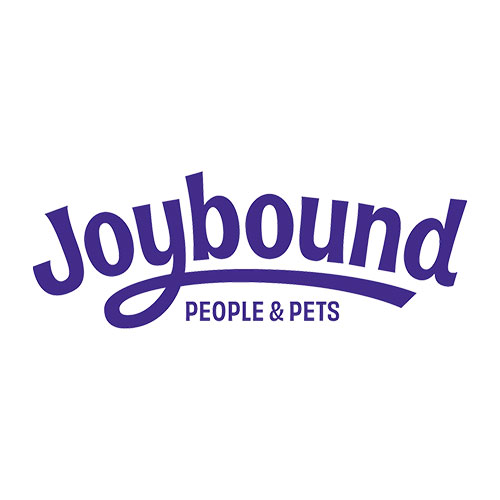Washington, D.C. (March 19, 2025) — The North American Veterinary Community (NAVC) and the Human Animal Bond Research Institute (HABRI) today announced that students at veterinary colleges and universities across the U.S. will receive free Human-Animal Bond (HAB) Certification throughout 2025 thanks to a generous sponsorship from Zoetis.
Launched in 2018 by the NAVC and HABRI, the Human-Animal Bond Veterinary Certification program provides a formal understanding of the science and research of the health benefits of pet ownership and human-animal interaction, and how best veterinary professionals can use that knowledge in the practice of veterinary medicine to enhance the health and well-being of pets and their owners.

“The world’s leading provider of veterinary continuing education, the NAVC’s mission is to create unparalleled opportunities that foster lifelong learning, encourage growth and promote well-being to advance animal care worldwide – and that begins with veterinary students,” said NAVC CEO Gene O’Neill. “Providing free Human-Animal Bond Certification to veterinary students checks all those boxes and provides an invaluable foundation for veterinary students to provide the best care and support to their patients and clients. We are grateful for the support Zoetis is providing through this initiative and for their longstanding commitment and leadership to enhance understanding and benefits of the human-animal bond.”
“At Zoetis, we are driven by our purpose to advance animal care, and supporting the veterinary profession is an important part of that. We are excited to partner with the NAVC and HABRI to create these opportunities for veterinary students across the U.S.,” said Dr. Richard Goldstein, Global Chief Medical Officer and Head of Medical Affairs at Zoetis. “The Human-Animal Bond Certification program will equip future veterinary professionals with essential knowledge and skills they need to boost the health and well-being of both pets and their owners. This initiative underscores our commitment to lifelong learning and promoting the vital benefits of the human-animal bond.”
The Human-Animal Bond certification is a foundational course that explores the scientific benefits for veterinary staff, owners, and animals and discusses how to establish and promote a strong human-animal bond through the analysis of animal welfare. The course covers the science and animal welfare essential to the human-animal bond. This includes understanding the neurological mechanisms of the bond, the scientific benefits of pet ownership, and the health advantages of various human-animal interactions. Participants will learn how to incorporate HAB principles into daily practice operations, with highlights including protocols to maximize doctor-client interactions, tips for identifying and eliminating elements that hinder the human-animal bond during visits, recommendations for veterinary nurses to support the bond, and a human-animal bond focused approach to end-of-life care and euthanasia.
“Zoetis and the NAVC are leaders in the veterinary profession and amazing partners for HABRI,” said Steven Feldman, HABRI President. “So many students will benefit from their deep commitment to the human-animal bond.”
Veterinary students may register for the Human-Animal Bond Certification at VetFolio, the NAVC’s industry-leading digital platform which provides online virtual learning and engagement for veterinary professionals.
Since 2018, more than 1500 veterinary professionals have completed the Human-Animal Bond Certification.
About NAVC
The North American Veterinary Community (NAVC) is a 501(c)(3) nonprofit organization dedicated to supporting and advancing veterinary professionals worldwide. As the world’s leading provider of veterinary continuing education, the NAVC delivers essential training, tools and resources for veterinary professionals to stay abreast of advances in animal medicine and provide the best care for animals everywhere. Through its commitment to innovation and excellence, the NAVC has developed a diverse portfolio of products and services, including: educational events, headlined by VMX (Veterinary Meeting & Expo), the world’s largest, most comprehensive continuing education conference and launchpad for new products and innovations within the veterinary industry; VetFolio.com, a robust digital platform for virtual learning and engagement; NAVC Media, the veterinary industry’s largest and award-winning portfolio of trade publications; and Embrace, an advocacy arm which unites the veterinary community and pet lovers. The NAVC was founded in 1982 and is headquartered in Orlando, FL. Since 2017, the NAVC has been recognized annually as one of the Top Workplaces by the Orlando Sentinel. To learn more about the NAVC’s products and brands, visit https://navc.com/. To see our schedule of upcoming events, visit https://navc.com/calendar/.
About HABRI
HABRI is a not-for-profit organization that funds innovative research projects to scientifically document the health benefits of companion animals; informs the public about human-animal bond research; and advocates for the beneficial role of companion animals in society. For more information, please visit http://www.habri.org.
Contact
Robin Pence
rpence@navc.com
###





